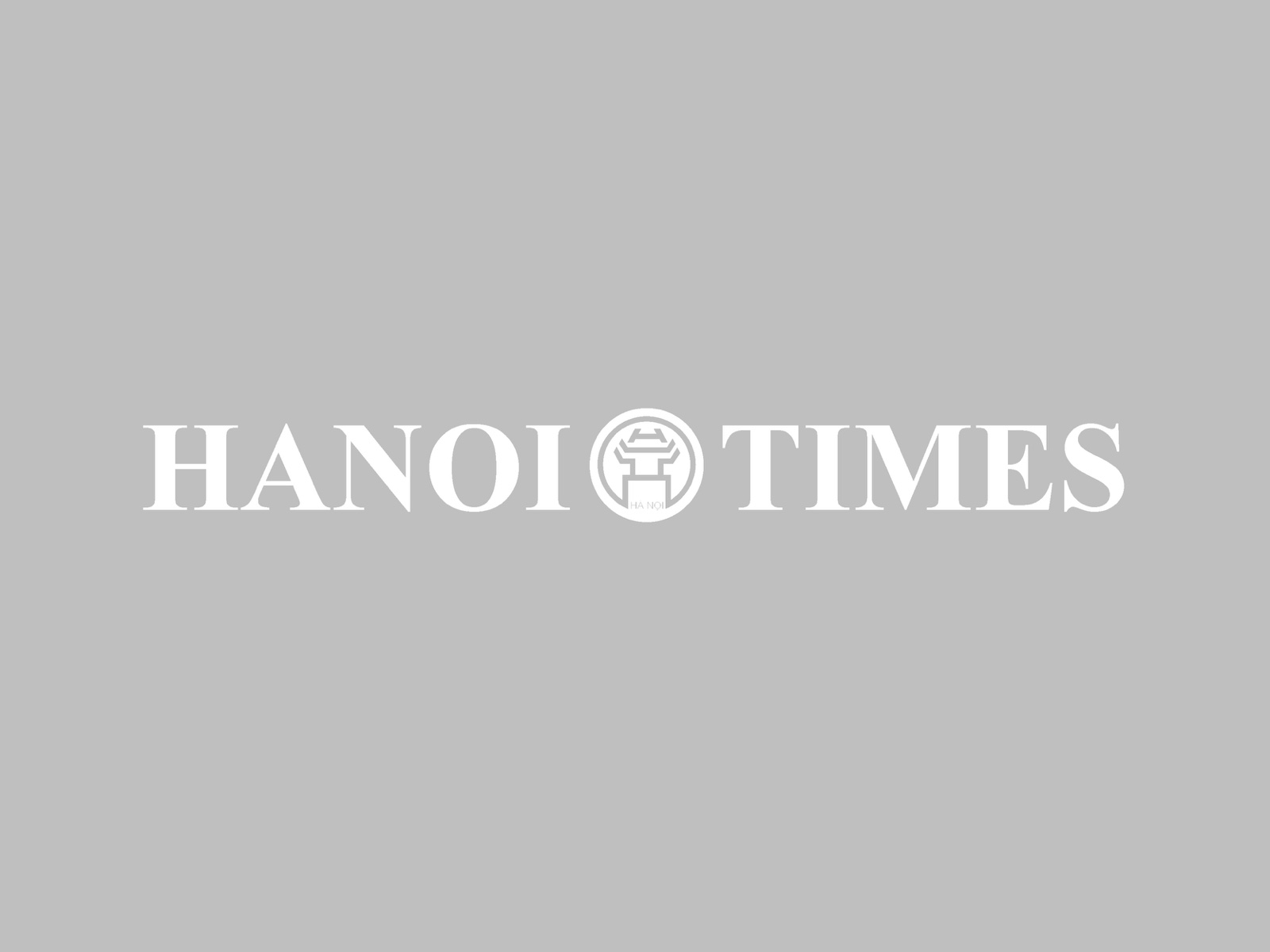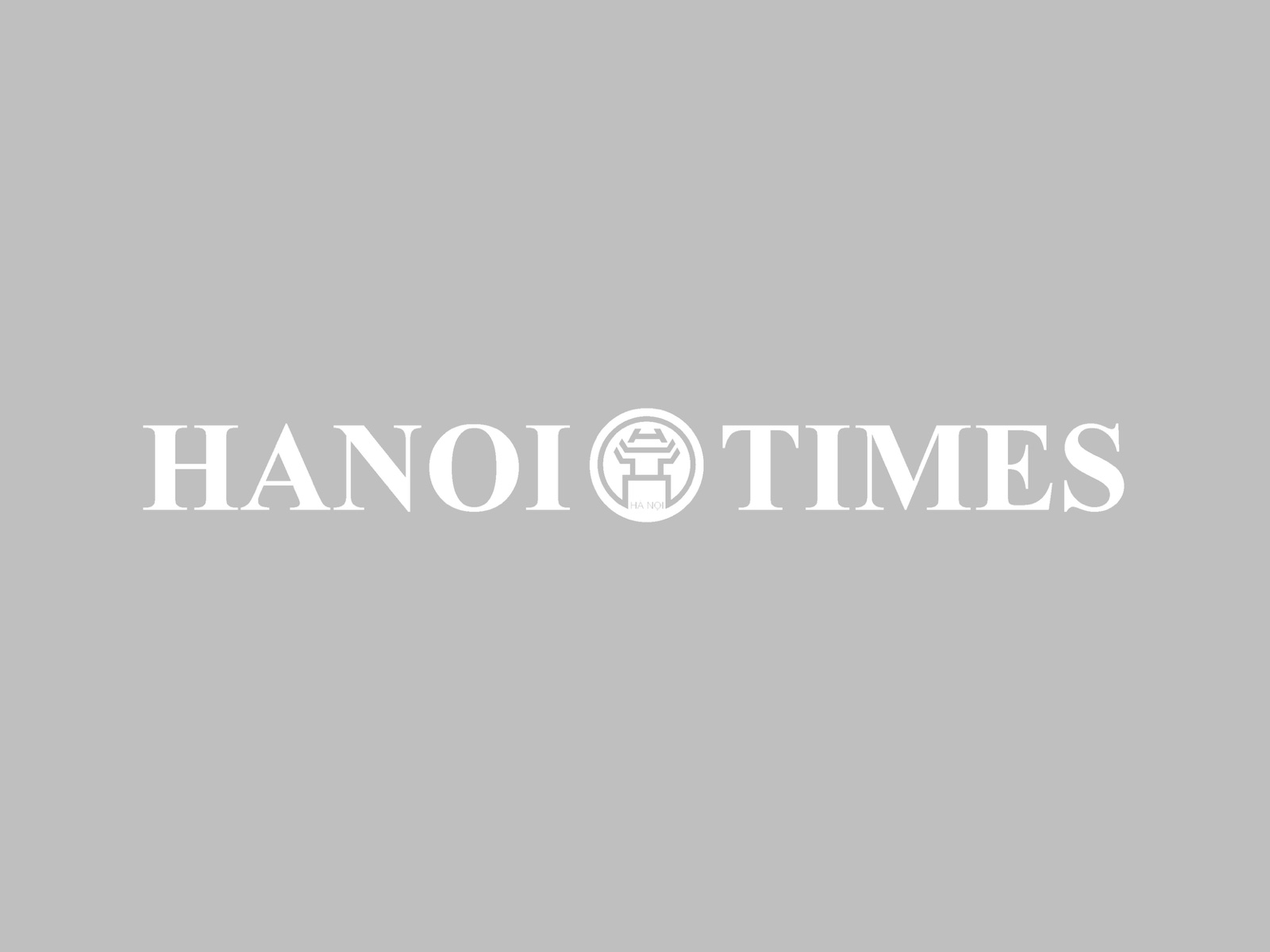Business
Vietnam PM calls on reforms to narrow gap among APEC economies
Nov 19, 2018 / 11:24 AM
APEC’s member economies need to integrate “the Renewed APEC Agenda for Structural Reform (RAASR)” into their own agendas for better implementation
Vietnamese Prime Minister Nguyen Xuan Phuc has voiced that member economies of the Asia-Pacific Economic Cooperation (APEC) should conduct structural reforms to narrow gap among rthe 21 members of one of the world’s fastest-growing regions.
Accordingly, APEC’s member economies need to integrate “the Renewed APEC Agenda for Structural Reform (RAASR)” into their own agendas for better implementation, PM Phuc addressed the 2018 APEC Summit held in Papua New Guinea on November 17-18.
RAASR was set forth in 2015 with an aim to make regulatory reform, competition policy, corporate governance, public sector governance, and economic and legal infrastructure.
RAASR is expected to aid economies to reach higher growth paths both in times of economic uncertainty and economic prosperity. It means to expand opportunities and promote inclusion across the Asia-Pacific.
Speed up digital economy
On this occasion, the PM highlighted the need of expanding trade in the digital era. He called for further implementation of initiatives on “the APEC Cross-Border E-commerce Facilitation Framework”, “the APEC Internet and Digital Economy Roadmap”, and “the APEC Digital Economy Action Plan”.
Each economy should boost investment in building database to run comprehensive, reliable, and safe systems for further development of e-commerce, fin-tech, and startups in order to facilitate the participation of businesses, mostly small- and medium-enterprises (SMEs), the PM said.
Meanwhile, the member economies need to advance governance in both public and private sectors for higher economic growth with the support from developed countries, he added.
For a prospective region
APEC’s leaders have pledged to maintain the regional cooperation and connection thanks to the signing of trade agreements namely the Comprehensive and Progressive Agreement for Trans-Pacific Partnership (CPTPP), the Regional Comprehensive Economic Partnership (RCEP), and the Free Trade Area of the Asia-Pacific (FTAAP).
The members have agreed to continue with sustainable growth under the APEC’s Action Agenda on Advancing Economic, Financial and Social Inclusion by 2030 in line with the United Nations’ sustainable development goals (SDGs).
In this summit, the APEC failed to release a joint communique for the first time due to disagreements on the language about trade.
Established in 1989, the APEC economies are home to 2.9 billion people, accounting for 39% of the global population in 2016.

APEC's leaders at the 2018 APEC meeting. Photo: Chinhphu.vn
|
RAASR was set forth in 2015 with an aim to make regulatory reform, competition policy, corporate governance, public sector governance, and economic and legal infrastructure.
RAASR is expected to aid economies to reach higher growth paths both in times of economic uncertainty and economic prosperity. It means to expand opportunities and promote inclusion across the Asia-Pacific.
Speed up digital economy
On this occasion, the PM highlighted the need of expanding trade in the digital era. He called for further implementation of initiatives on “the APEC Cross-Border E-commerce Facilitation Framework”, “the APEC Internet and Digital Economy Roadmap”, and “the APEC Digital Economy Action Plan”.
Each economy should boost investment in building database to run comprehensive, reliable, and safe systems for further development of e-commerce, fin-tech, and startups in order to facilitate the participation of businesses, mostly small- and medium-enterprises (SMEs), the PM said.
Meanwhile, the member economies need to advance governance in both public and private sectors for higher economic growth with the support from developed countries, he added.
For a prospective region
APEC’s leaders have pledged to maintain the regional cooperation and connection thanks to the signing of trade agreements namely the Comprehensive and Progressive Agreement for Trans-Pacific Partnership (CPTPP), the Regional Comprehensive Economic Partnership (RCEP), and the Free Trade Area of the Asia-Pacific (FTAAP).

APEC Summit 2017 held in Vietnam. Photo: Reuters
|
In this summit, the APEC failed to release a joint communique for the first time due to disagreements on the language about trade.
Established in 1989, the APEC economies are home to 2.9 billion people, accounting for 39% of the global population in 2016.








